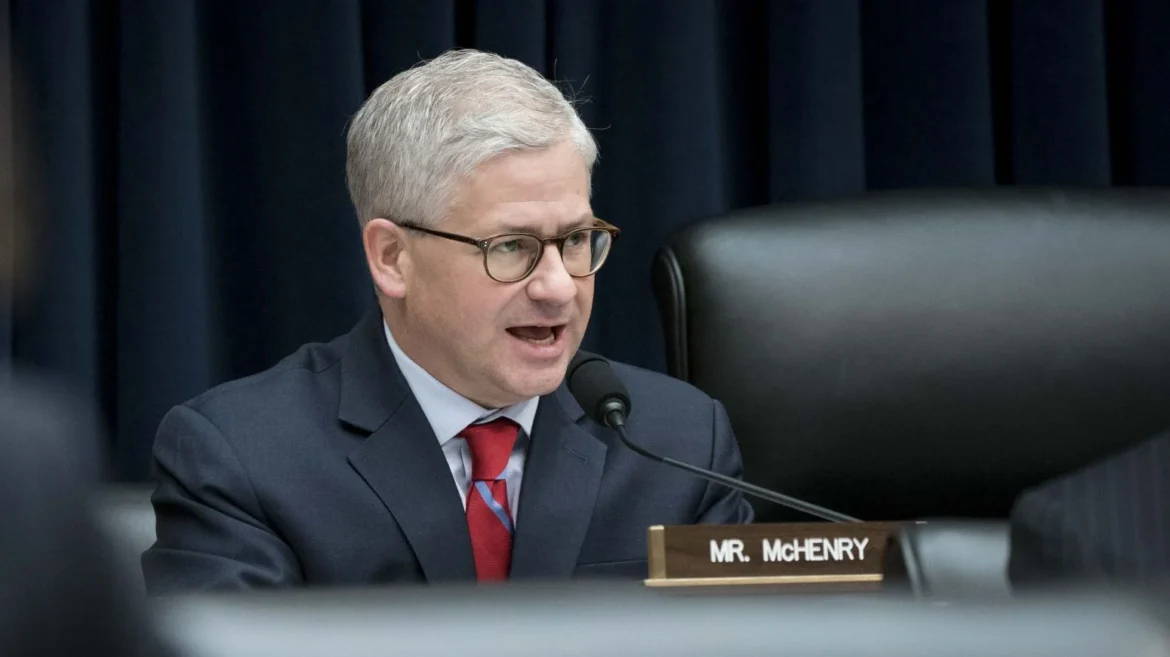In a significant move to clarify the regulatory landscape for non-fungible tokens (NFTs), U.S. Representatives William Timmons (R-SC) and Ritchie Torres (D-NY) have introduced the bipartisan New Frontiers in Technology (NFT) Act. This legislation aims to delineate the legal status of NFTs, particularly those intended for personal use, and to shield them from being misclassified under existing securities laws.
Defining Non-Fungible Tokens
The NFT Act provides a clear definition of NFTs as unique, cryptographically recorded assets on a public distributed ledger. Importantly, it excludes financial instruments such as stocks or securities from this definition. The bill emphasizes protections for “covered NFTs,” which encompass digital representations of art, collectibles, or virtual assets while excluding tokens primarily marketed as investment opportunities. This distinction is crucial in ensuring that NFTs designed for personal or familial use are not subjected to the stringent regulations applicable to financial securities.

Bipartisan Support and Industry Endorsement
The introduction of the NFT Act has garnered bipartisan support, reflecting a shared recognition of the need for regulatory clarity in the rapidly evolving digital asset space. Rep. Timmons highlighted the federal government’s tendency to lag in understanding emerging technologies and emphasized the importance of providing creators and consumers of NFTs with clear regulatory guidance. Rep. Torres echoed this sentiment, stating that the legislation ensures personal-use NFTs are not burdened by outdated securities laws, thereby fostering innovation while addressing potential risks associated with investment-focused digital assets.
The bill has also received backing from industry groups such as the Blockchain Association and the Digital Chamber. Kristin Smith, CEO of the Blockchain Association, described the NFT Act as a productive start to clarifying definitions and rules around NFTs, ensuring protection for American artists and innovators. The Digital Chamber praised the legislation for providing essential clarity by distinguishing many NFTs as non-financial products, thereby fostering peace of mind for creators and consumers alike.
Addressing Regulatory Overreach
The NFT Act emerges in response to concerns over potential regulatory overreach by agencies like the Securities and Exchange Commission (SEC). The Digital Chamber has criticized the SEC’s enforcement actions against NFT platforms, arguing that many NFTs are comparable to traditional collectibles or artwork and should be classified as consumer goods rather than securities. The Chamber has called on Congress to enact legislation that clearly defines certain NFTs as consumer products, exempting them from federal securities laws.
Potential Impact on the Crypto Industry
The NFT Act has the potential to bring much-needed regulatory clarity to the broader crypto industry. One of the biggest challenges facing NFT platforms and digital asset marketplaces is the uncertainty surrounding their legal status. Without clear guidelines, many projects face the risk of enforcement actions, which can stifle innovation and discourage mainstream adoption.
By clearly defining which NFTs fall outside the scope of securities regulations, the bill could help foster a more predictable and supportive environment for blockchain-based businesses. This could, in turn, attract more investment into the space and encourage traditional industries—such as gaming, entertainment, and sports—to further integrate NFTs into their ecosystems.

Challenges and Opposition to the Bill
Despite its potential benefits, the NFT Act is likely to face challenges as it moves through the legislative process. Regulatory agencies such as the SEC have historically taken a broad approach when classifying digital assets, and they may push back against attempts to limit their oversight. Some lawmakers might also argue that excluding NFTs from securities regulations could create loopholes that allow bad actors to exploit investors. Another challenge will be ensuring that the bill provides enough protection for consumers without unnecessarily restricting the innovation that NFTs bring to various industries. Policymakers will need to strike a careful balance between enabling growth in the NFT space and preventing fraudulent activities.
The Path Forward
As the NFT Act progresses through the legislative process, it represents a pivotal step toward establishing a clear and supportive regulatory environment for NFTs. By distinguishing between personal-use NFTs and investment-focused digital assets, the legislation aims to protect consumers, foster innovation, and ensure that the United States remains at the forefront of the digital economy. The bipartisan nature of the bill underscores the shared commitment among lawmakers to adapt existing legal frameworks to accommodate technological advancements in the digital asset space.
Final Thoughts
The push for NFT protections in the revised crypto bill marks a defining moment in the evolution of digital assets and blockchain technology. With NFTs increasingly being used across industries—including art, gaming, fashion, and entertainment—clear and fair regulations are vital for their continued growth. The NFT Act demonstrates a legislative willingness to embrace innovation while addressing concerns about regulatory overreach. If successfully passed, the bill could set a precedent for how digital assets are regulated, not just in the U.S. but globally.
It underscores the importance of lawmakers collaborating with industry leaders to create a balanced framework that nurtures both economic opportunity and consumer safety. Ultimately, the NFT market is still evolving, and thoughtful regulation like the NFT Act will help shape its future. The goal should be to encourage innovation while ensuring that digital ownership rights remain protected. As the debate continues, the outcome of this legislation could have lasting implications for the future of NFTs and the broader crypto economy.



